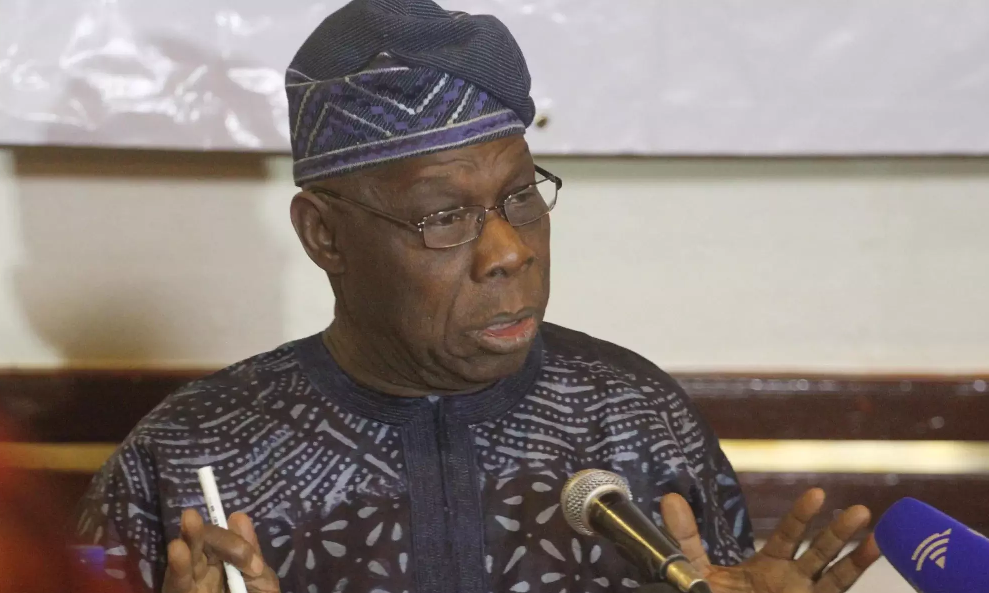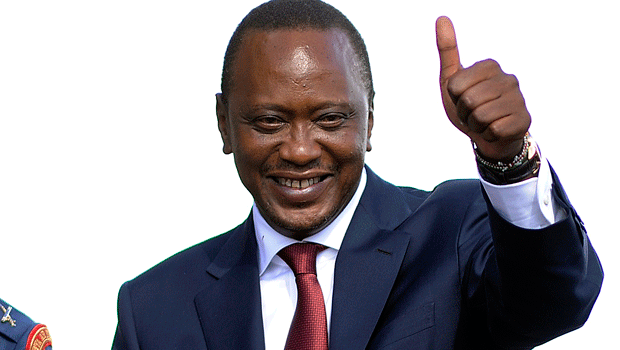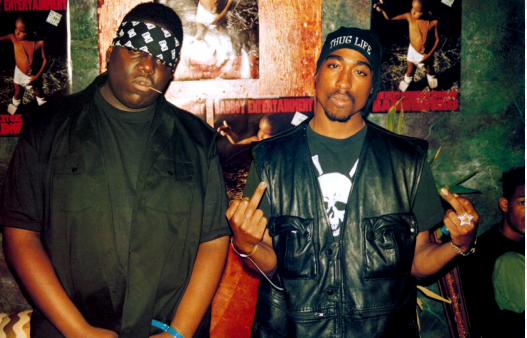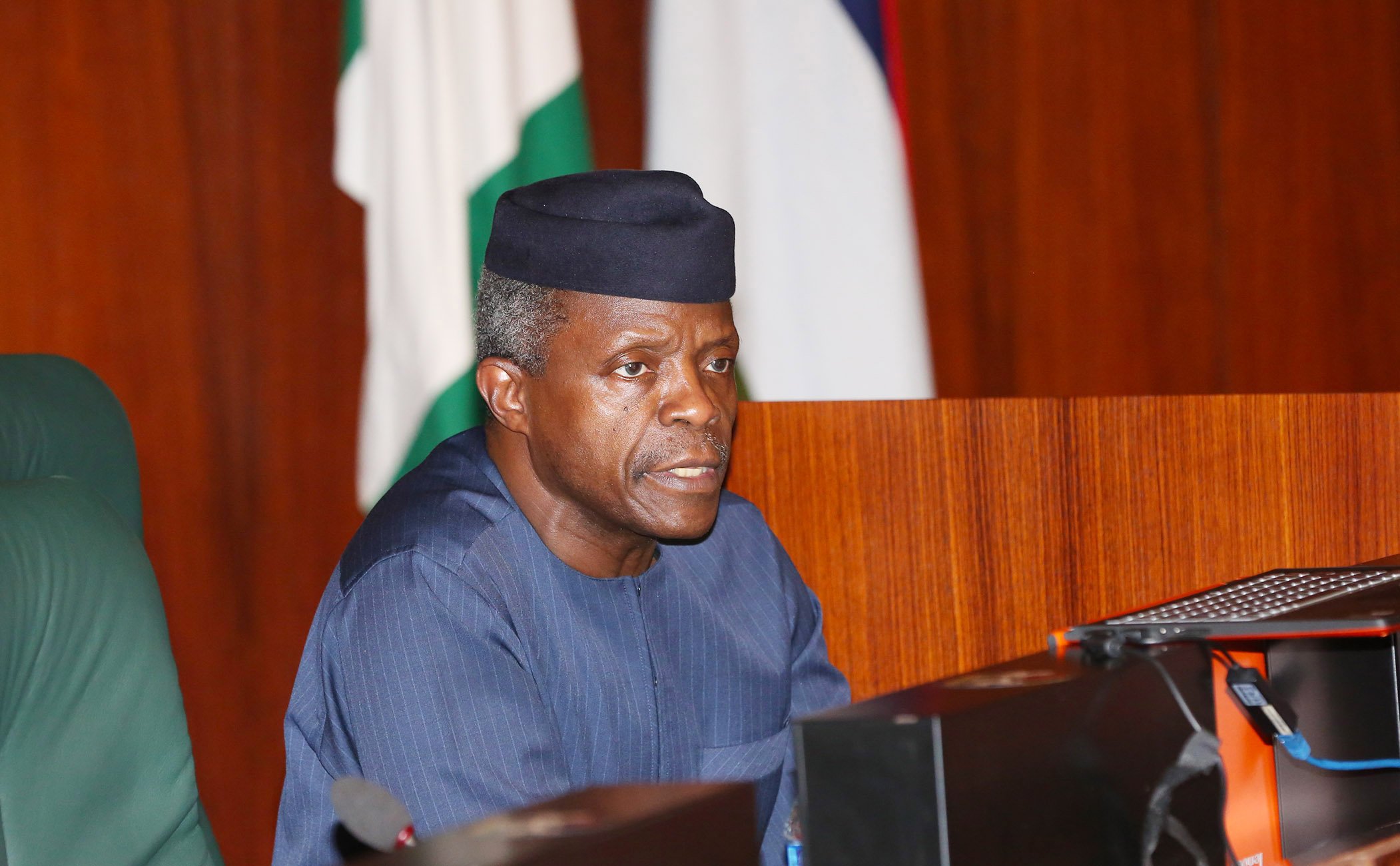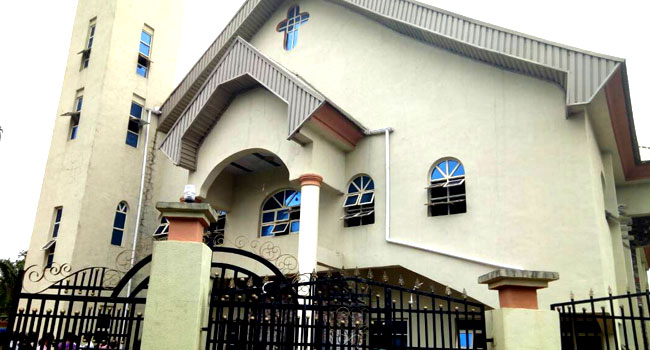Former President Olusegun Obasanjo says his decision to retire military officers who were politically exposed brought about an end to incessant coups in the country.
Upon assumption of office in 1999, Obasanjo retired at least 93 military officers who had served as state governors/administrators and ministers.
Speaking in Lagos at the launch of ‘Making Africa Work’, a book he co-authored, the elder statesman said that action has helped in stabilising democracy.
“A coup is punishable by death only if it fails, it puts the plotter in the state house if it succeeds,” he said.
Advertisement
“It was a destructive and destabilising practice, wasteful for the military itself, and undermining in terms of discipline, good order and military conduct. A junior officer takes a gun and looks at his political boss and senior officers through its sights, bumps them off and puts himself in the state house.
“On assuming office as president, I decided to put an end to these incessant coups. I asked the military to submit the list of all officers who had either participated in coups in the past or benefited in the dividends of coups by being appointed to political office as governors or ministers.
“Not knowing what the list was meant for, the military faithfully compiled it and submitted to me as the commander-in-chief and chairman of council of each of the arms of service. 93 officers in all were given six hours’ notice of retirement on a Friday, and ordered not to spend the Friday night in uniform or in barracks to prevent adverse reaction.
Advertisement
“The following Monday, the service council met to ratify the retirement of all the officers. From my vantage position and background as a battle-tested and war-victorious general, I knew that an officer out of uniform and barracks is like a fish out of water, and their power and influence would be greatly diminished.
“The retirement of these 93 officers all in one day was salutary. It meant that taking part in a coup or benefitting from one could catch up with you, no matter how long it would take, and for as long as you are alive.
“The idea was not to punish them for life but to exclude them from positions in the military where they could be coup planners, coup plotters, coup executors or coup beneficiaries.
“And once an officer has tasted the trappings of a political life, of living in a government house, with free food and so on, he would easily look for excuses to want more if he is in a position to make it happen.”
Advertisement
Add a comment
